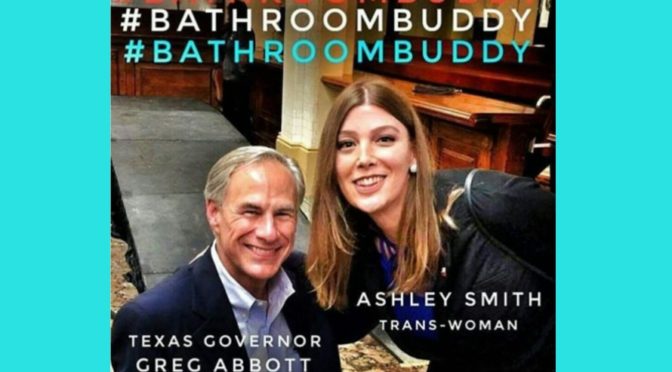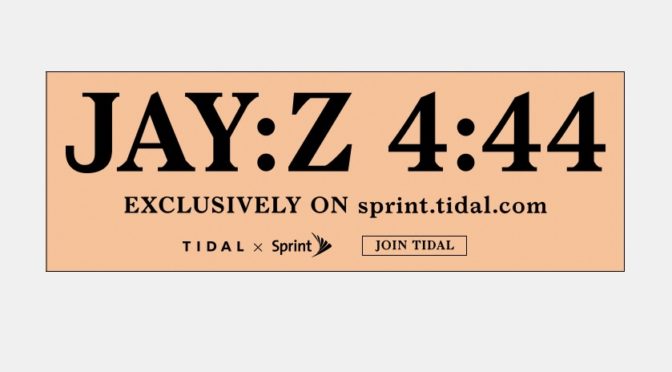
So there's politics, and then there's policy, both of which can be easily become lightning rods if infused with the right social issues.
For many in the Republican party, such a calculus has been made about many issues today. They know that for many of their voters, there is either a serious lack of understanding about …
Continue Reading ›› 
After years of discussion and, failed attempts, and being a central focus of the last Mayoral election, Mayor Turner has likely decided that now is not the time to ask voters to repeal Houston's self-imposed Revenue Cap. As Rebecca Elliot of the Houston Chronicle reports, the surprise is a bit more complicated than your normal …
Continue Reading ›› 
Anyone that has been following the music industry knows that the 2010s have been an exciting, yet turbulent time. The digital age has led to a mass democratization of nearly every possible information source, but few areas have been rocked by that impact like music. Once a dependable source of revenue, physical sales of albums …
Continue Reading ››
A Voice for the Rest of Texas


